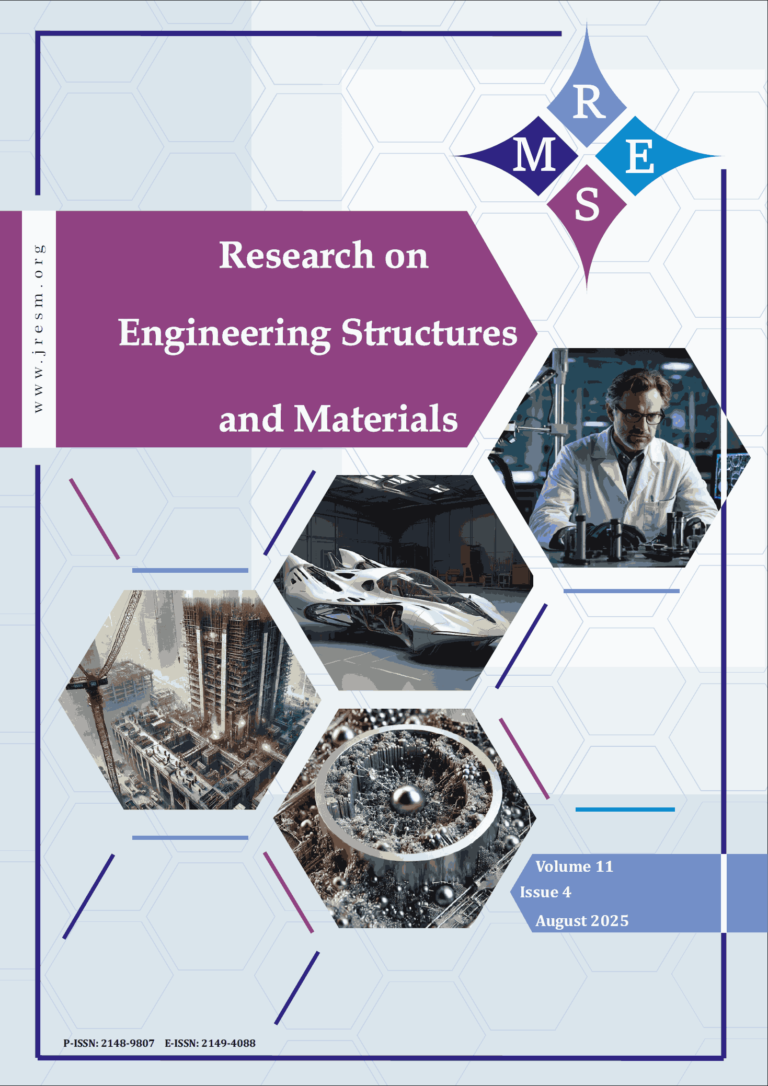This study investigates the durability characteristics of ternary blended concrete prepared by partially substituting Ordinary Portland Cement (OPC) with Ground Granulated Blast Furnace Slag (GGBS) and Hydrated Lime (HL). Fifteen different mix combinations were developed by varying GGBS from 10% to 70% and HL from 10% to 20%, with a fixed water-to-binder ratio of 0.36. Durability characteristics of the ternary concrete mixes were evaluated using water absorption, permeability, rapid chloride penetration, acid resistance, and sulphate resistance tests. Among the fifteen designed mix proportions, the C40G50L10 blend (40% OPC, 50% GGBS, 10% HL) consistently produced superior durability characteristics. It achieved a 41% and 44% reduction in water absorption at 56 and 84 days, respectively, and a 47.4% and 40.2% decrease in water permeability compared to the control mix with 100% OPC. Chloride ion penetration was significantly reduced in the C40G50L10 mix, showing 428 and 386 coulombs at 56 and 84 days, reflecting a reduction of 58.3% and 55.2%, respectively. Furthermore, this mix also exhibited the least compressive strength reduction and weight loss under acid, sulphate, and chloride exposure, highlighting its resistance to chemical attack. Conversely, mixes with high GGBS (70%) and HL (20%) combined with low OPC (10%), such as C10G70L20, showed the highest deterioration, primarily due to inadequate matrix cohesion and increased porosity. The experimental findings demonstrate that optimizing OPC with GGBS and HL, particularly at a 40:50:10 ratio, produces concrete with enhanced durability characteristics, ideal for applications in chloride-heavy marine structures, sulphate-rich soil conditions, and acidic industrial environments exposed to aggressive conditions.
